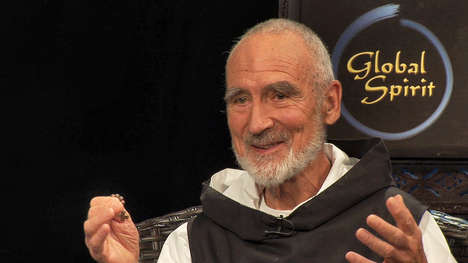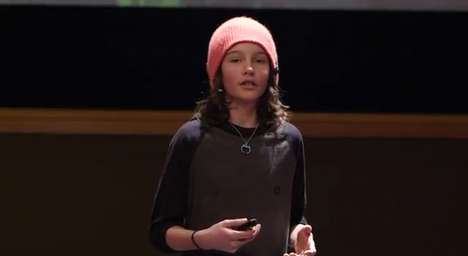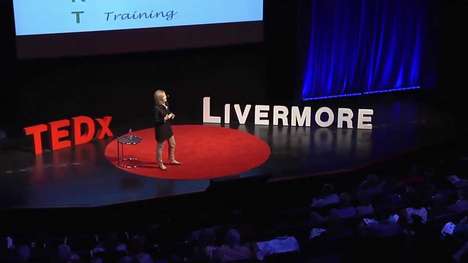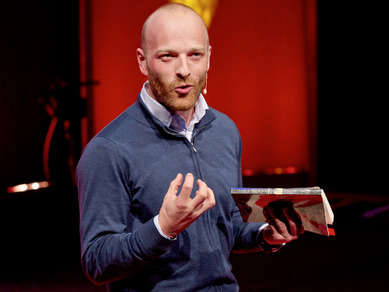
close

FREE 2021
TREND REPORT
(worth $1,500)
TREND REPORT
(worth $1,500)
Ideas
Explore the world's #1 largest database of ideas and innovations, with 490,638 inspiring examples.
Trend Reports
Discover why 1,314 brands rely on our AI-powered Trend Reports to get better, faster insights.
Newsletter
Join 99,948 subscribers who rely on our weekly newsletter to keep up with need-to-know trends and insights.
How to Hunt
Learn more about how to hunt megatrends, ideas, patterns and opportunity.
Consumer Insights
Uncover major shifts and emerging opportunities with our exclusive PRO research.
Trend Reports
Discover why 1,314 brands rely on our AI-powered Trend Reports to get better, faster insights.
Newsletter
Join 99,948 subscribers who rely on our weekly newsletter to keep up with need-to-know trends and insights.
How to Hunt
Learn more about how to hunt megatrends, ideas, patterns and opportunity.
Advisory & Services
Accelerate innovation and ignite disruptive thinking with our award-winning programs and research.
Trend Reports
Get fast, customized trend reports, presentations and deep dives 20x faster than traditional research.
Plans
Get started today with a free consultation, our self-serve tools, or a dedicated program.
Articles & Magazine
Get inspired with our 4,245 innovation strategy articles, keynote, videos and innovation tools.
Innovation Awards
Trend Hunter’s Innovation Strategy Awards recognize the best innovation tactics gathered from our interviews with some of the world's most notable business leaders, authors and change makers.
Advisory & Services
Accelerate innovation and ignite disruptive thinking with our award-winning programs and research.
Innovation Assessment
Enhance your innovation potential with a deeper understanding of your unique innovation archetype and how your organization benchmarks.
FuturistU
Prepare for the years ahead with 100+ lessons, tactics, tools and frameworks with our full learning database.
Innovation Books
Join 20,000,000 people getting better and faster with our New York Times Bestselling books and keynote videos.
Jeremy Gutsche
Ignite your event or virtual event with our CEO, a NY Times Bestselling Author and one of the top innovation keynote speakers.
Our Team of Speakers & Virtual Presenters
Inspire your group with our most popular speakers on innovation, trends, change and futurism.
Custom Training & Events
Bring the Future Festival experience directly to your team or co-hosted custom event.
Custom Masterclasses
Join the world's leading brands who leverage our custom programs to accelerate innovation.
FuturistU 5-Day Program
Become a Futurist with our immersive 5-Day program at Future Festival World Summit.
Online eLearning
Learn the fundamentals of futurism and trends with 100+ online courses about innovation.
How to Hunt
Learn more about how to hunt megatrends, ideas, patterns and opportunity.
Contact
Get in touch to learn more, ask a question or submit a tip.
About Us
Learn more about Trend Hunter and how we accelerate innovation.
Follow-Us
Join our 3,500,000 social media followers, on the cutting edge.
How to Hunt
Learn more about how to hunt megatrends, ideas, patterns and opportunity.
FAQ
Get answers to common questions about Trend Hunter.
Community
Stay on the cutting-edge with the help of the Trend Hunter community.
Team
Meet the team trusted by hundreds of leading businesses worldwide.
Jobs
Find opportunities to accelerate your career with the #1 Trend Firm.
News
Catch up on noteworthy Trend Hunter news and media mentions.
Join
Build a portfolio and put your trend-spotting abilities to the test.
Advertising
Supercharge your marketing by partnering with Trend Hunter.
Dashboard
Track your market, topics and categories. Plus, collect favorite articles, build custom lists and filter down to your next opportunity!
Portfolio
Visit your public portfolio and browse your past articles.
Add a Trend
Write up an article and showcase your trend-spotting skills.
My Trends
Edit your articles and see how they stack up on the leaderboards.
Settings
Edit your profile, connect your social media accounts, and more.
Login
Add a trend, customize your dashboard, or track topics.
Future Festival
Innovation Events
Innovation Events
Join the world's top innovators at our in person events.
Free Webinars
Learn to innovate through chaos, navigate the new normal and maintain work culture from home.
Custom Training & Events
Bring the Future Festival experience directly to your team or co-hosted custom event.
Search our database of 490,638 cutting edge ideas.




